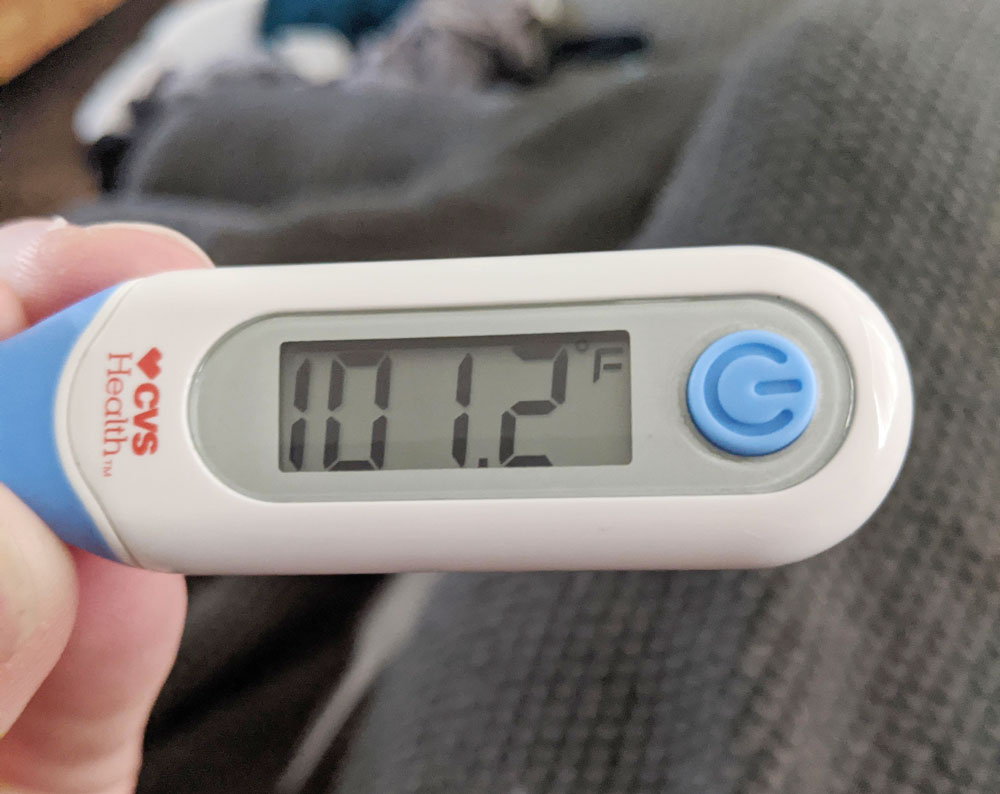Navigating the lupus landscape can feel like you're playing a game where the rules keep changing. From joint aches that stick around like unwanted guests to rashes that pop up out of nowhere, lupus keeps you guessing. But don't worry, we've got a game plan that includes the right mix of treatments, lifestyle tweaks, and a strong support team to help you score against lupus. This guide is all about "lupus-proofing" your life, uncovering what triggers this shape-shifting condition, and exploring the best ways to keep it in check. Armed with knowledge and a solid team, you're set to tackle lupus head-on, making each day a victory lap.
Symptoms

Lupus is a complex autoimmune condition that baffles many because it often masquerades as other diseases, making diagnosis a puzzle. In lupus, the immune system, which usually guards against viruses, bacteria, and other invaders, mistakenly attacks the body's own tissues. This can cause a wide range of symptoms affecting nearly any part of the body, including the skin, joints, and various internal organs. While lupus symptoms can vary greatly from person to person, there are some common signs that may suggest the presence of this condition. Here’s a more detailed look at those signs and what they could mean for you.




